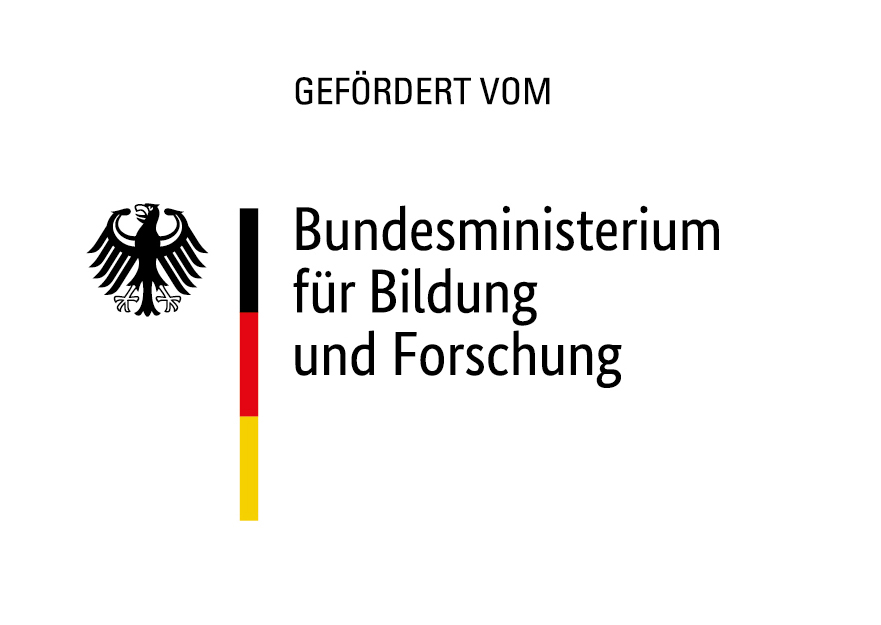Green Financial Intermediation – From Demand to Impact
INTERACT
The collaborative project “Green Financial Intermediation – From Demand to Impact” (INTERACT) aims to investigate the impact channels through which the financial sector can contribute to the achievement of climate policy goals. Based on this, policy recommendations for improving the entire process of financial intermediation are to be derived.
The collaborative project consists of two subprojects, which will be closely linked by an overall coordination.
Overall coordination and management of the joint project
Considering the interactions and interdependencies between the different levels of analysis (capital supply, transmission mechanisms, capital demand, and climate impacts) is crucial to derive how green finance can act as a catalyst for decarbonization. Consolidating the project results is therefore an important basis for dissemination and practical application of the findings. Thus, the dialogue between researchers and relevant stakeholders in the field of green finance as well as the broader public will also be promoted in all phases of the project.

Dr. Karolin Kirschenmann
Subproject 1: Investment behavior of private households and transmission mechanisms
The first subproject analyzes the investment behavior of private households in order to determine how “green preferences” can be channeled into sustainable investments. In addition, transmission mechanisms in capital and credit markets are investigated, which contribute to the fact that the financing conditions of an investment project depend on its climate impact. Using game-theoretic modeling, experiments, and empirical analysis, market mechanisms and conditions are derived under which investments in green projects can achieve their optimal impact.

Prof. Dr. Tabea Bucher-Koenen
Subproject 2: Financial intermediation at the firm level
The second subproject focuses on financial intermediation at the corporate level. The aim is to investigate whether and how “green” regulation influences access to credit for small and medium-sized enterprises in particular, is reflected in differentiated credit conditions and provides incentives for companies to carry out more climate-friendly activities.




